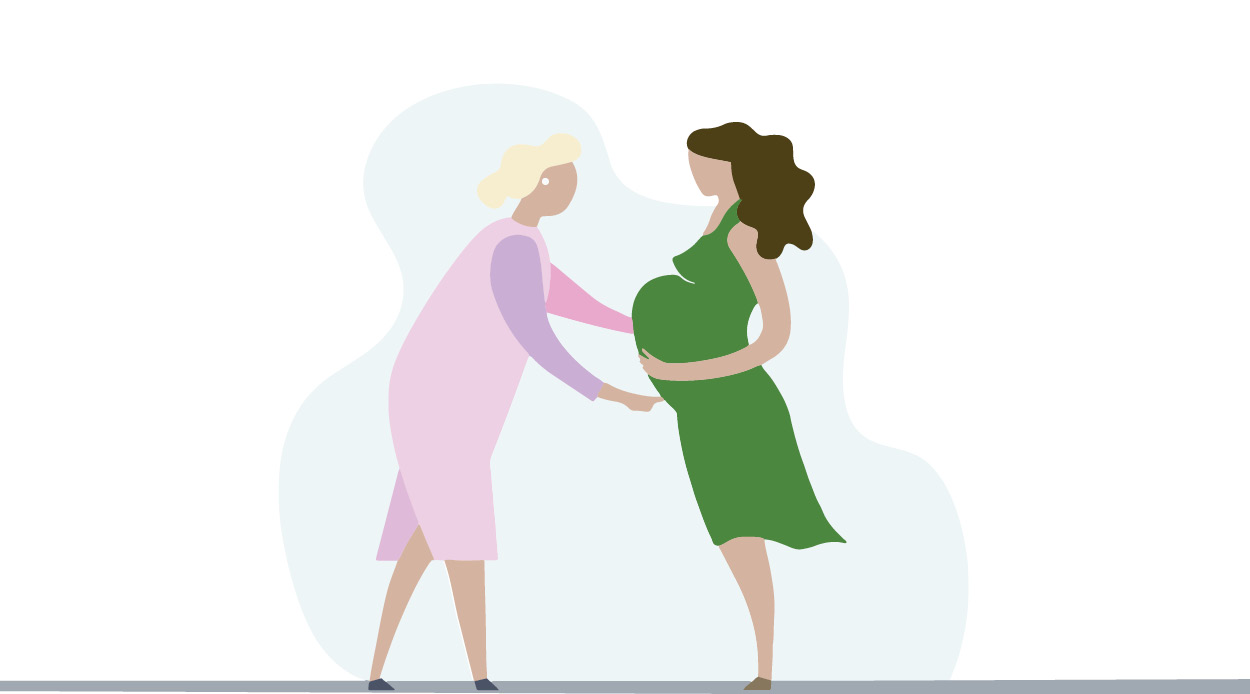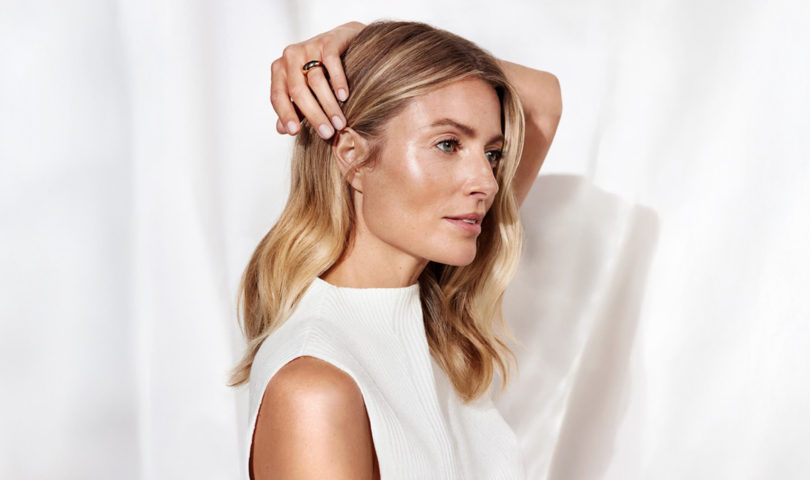How someone decides to give birth is one of the most personal decisions one can make, and some enlist a doula to make the overall experience that much more comfortable. The ancient practice is relatively new in this country, so we ask trained doula Sarah Merfield (also known as Sarah the Doula) to shed more light on what a doula does and who can benefit from having one.
The history: “Doula comes from an ancient Greek word, meaning ‘a woman who serves.’ The role is to serve the labouring person and offer support to the birthing partner. Doulas have been around for centuries, but weren’t officially trained. They were family — mothers, aunts and sisters. Women dominated birth, but when hospital births and obstetrics became more popular in the last century, they were replaced with medical teams, and those supporting birthing women lost their knowledge and skills. The doula role, as we know it, was born in the 70s to fulfil the need.
The service: A doula provides non-medical, continuous emotional and physical support during pregnancy, childbirth, and the postpartum period. They ‘mother the mother’, provide pain management techniques and offer suggestions and guidance to the birthing partner. A doula is there continuously to give encouragement,
to help her focus and offer evidence-based comfort measures, support and knowledge to her and their support person. They assist with births at home, in birthing centres and in hospitals.
Who can benefit: Anyone who wishes to have continuity of care or needs extra support. We all have moments in our lives when we feel overwhelmed and under pressure. Babies don’t come with manuals.
When they help: Here in New Zealand, most doulas offer birth and postpartum support. Postpartum doulas support the mother with her recovery, prepare nutritious meals, assist with newborn routines, and are invaluable when family support isn’t readily available. Some doulas offer full-spectrum services — bereavement, abortion, adoption and loss including miscarriage and stillborn. The World Health Organisation (WHO) recognises the postnatal period is a crucial phase in the lives of new mothers and their babies.
Sarah’s story: Like many doulas, it found me. I never grew up thinking I wanted to be a doula, but when I look at the experience I have gained as a live-in nanny, having my own family and working in early childhood education, it was all leading me to this. A chance conversation with my daughter, who had met a doula, sparked something in her and me, and it set me on a path to do the DONA birth and postpartum training. I haven’t looked back. I feel privileged to be at the birth of a new life and love fostering confidence and helping families navigate those first months.
Key questions to ask your prospective doula: Ask to meet them, as you can gauge far more whether they’ll be suitable for you. Connection, to me, is the most important thing when I meet clients. Being supported is fabulous but finding someone you feel a connection with and knowing they are in your corner is invaluable. To be confident and in the right headspace, you need to feel secure and confident that everyone on your birthing team meets your needs.
Other helpful questions are:
• How many clients do they take on a month?
• How do they juggle that with birth being
so unpredictable?
• What is their birthing experience?
• Are they trained?
• Why did they become a doula?
• What’s the best thing about being a doula?
At the end of the initial meeting, think about how you felt, whether you felt a connection and were at ease.
A growing tradition: There are so many more doulas now, which is excellent. It is still a relatively new concept here in New Zealand but it’s gaining more popularity. It means that more women have the opportunity to be supported, that they have different choices and they can find the support right for them. With the maternity system under pressure, engaging a doula is the one constant thing. We are with you from early labour until the baby arrives. I think people have realised, and Covid has taught us, that there’s no such thing as ‘too much’ support.”
Visit www.sarahthedoulanz.com and www.nzdoulas.nz







